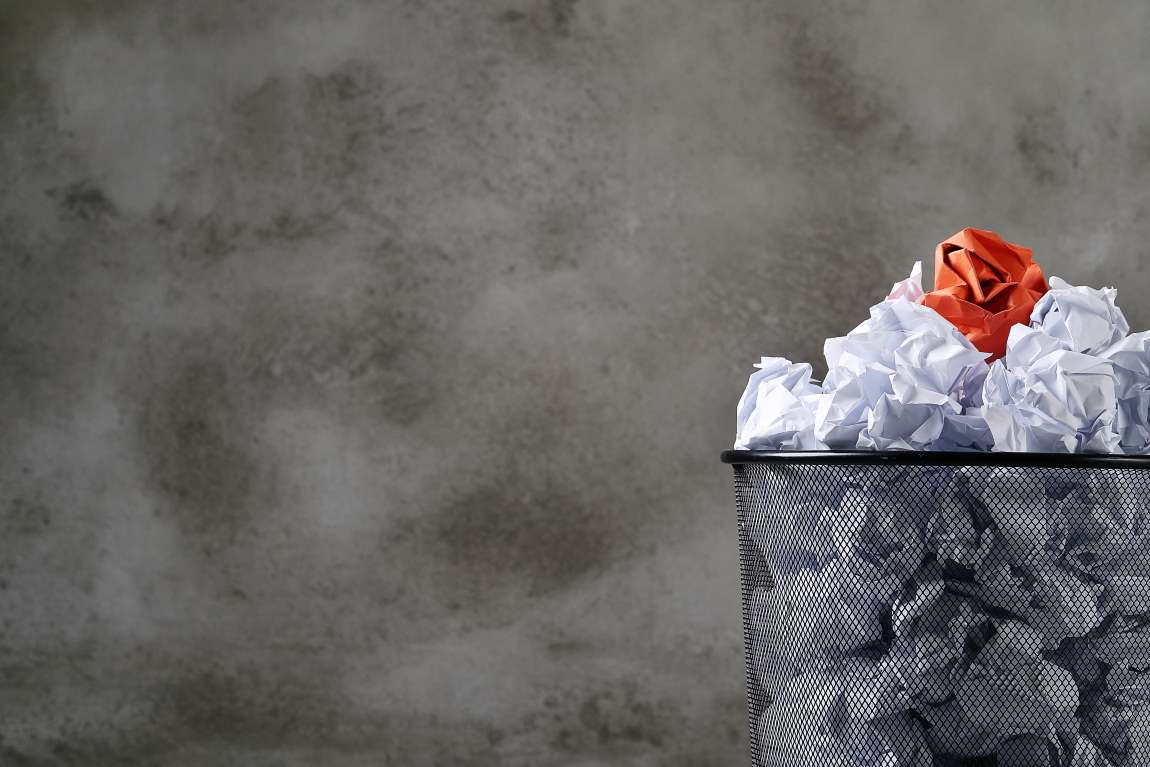Denmark, a country among the highest producers of waste in Europe, is enacting a new law designed to curb excessive packaging use and enhance recycling efforts. A broad parliamentary majority has approved the legislation, which seeks to make companies accountable for the lifecycle of their packaging.
Currently, Denmark generates significant household-like waste per capita, with nearly half consisting of packaging materials such as shampoo bottles, meat trays, and other wrappings. Although much of this waste is recycled due to household sorting, the sheer volume presents challenges, and recycling rates need to improve significantly.
Under the new law, companies that place packaging on the market will be required to cover the costs of its collection and treatment after disposal. This follows the 2022 agreement on extended producer responsibility, supported by the Social Democrats, Venstre, Socialist People’s Party, Red-Green Alliance, Danish People’s Party, Radical Left, Moderates, Conservatives, and The Alternative.
“Packaging occupies far too large a share of our waste, and the massive amounts of wrapping we struggle to unpack, sort, and recycle must be reduced. But households cannot shoulder this task alone. Companies must take responsibility by cutting back on packaging and making it easier to recycle. That is the purpose of this law, which is expected to increase high-quality recycling by approximately 60,000 tons annually,” said Magnus Heunicke, Denmark’s Minister for the Environment.
The legislation will shift the financial burden of managing packaging waste from municipal fees paid by households to companies. This change is projected to reduce household waste fees by around DKK 500-600 per year (approximately $70-$84), excluding VAT.
While households will continue to sort waste as usual, municipalities will still handle the collection of packaging waste. However, after collection, the responsibility will transfer to companies, which will oversee its recycling.
The law’s extended producer responsibility measures for packaging will be fully implemented by October 1, 2025.
Article Source:
Press Release/Material (danish) by Danish Ministry of Environment and Gender Equality
Featured image credit: Racool_studio | Freepik




